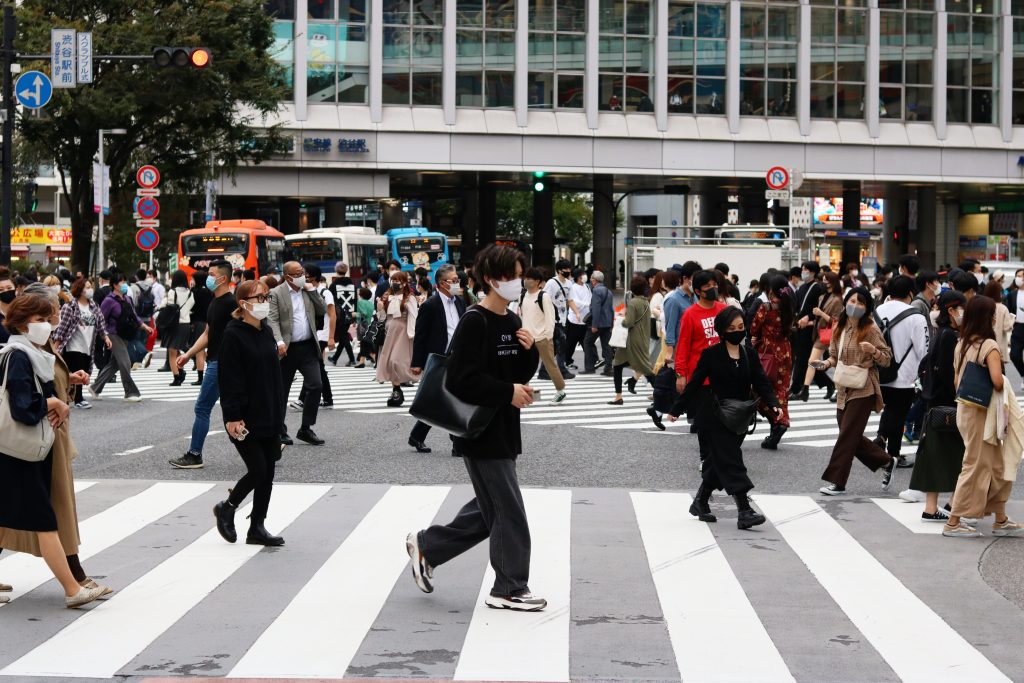
- ARAB NEWS
- 31 Jul 2025

TOKYO: Prefectural governors in Japan on Saturday urged the national government to enhance countermeasures against mutated strains of the novel coronavirus, including a variant from India, and to provide support to ensure smooth vaccinations.
At a videoconference, the National Governors’ Association called on the state to take thorough measures to reduce the number of new infection cases to a level that would not cause new cases to rise again easily.
“We’re still in a situation that doesn’t warrant optimism, with the number of severely ill coronavirus patients and hospital bed occupancy rates remaining high,” the association said, demanding that the central government clarify the targets and subjects of its countermeasures.
Especially, the association proposed that the national government strongly call on people to avoid travel to areas where infections are surging as much as possible, as well as take effective measures, such as covering travel cancellation fees entirely.
To contain the variant, which is believed to be even more contagious than the currently dominant variant from Britain, the central government should strengthen border control and help local governments improve their testing capacities, the association said.
The association also asked for more staff and financial aid for vaccinations.
Forty-three of the 47 prefectural governors attended the videoconference, held after the central government decided Friday to extend its ongoing coronavirus state of emergency for Tokyo and eight other prefectures until June 20. The emergency was slated to expire at the end of May.
The state made the decision in view of lingering shortages of hospital beds and other factors although new infection cases are on a declining trend.
Noting that the newest variant has spread among young people in Britain, Eikei Suzuki, governor of Mie Prefecture, central Japan, warned, “The same thing will probably happen in Japan, triggering a big wave of infections.”
Participating governors also called on the central government to clarify the schedule of vaccine distribution to local governments and the amount of vaccines to be allocated, setting their eyes on the start of inoculations of people other than the elderly.
Japan’s novel coronavirus vaccination drive now mainly targets people aged 65 or over, the second priority group, after the first priority group of medical workers.
JIJI Press